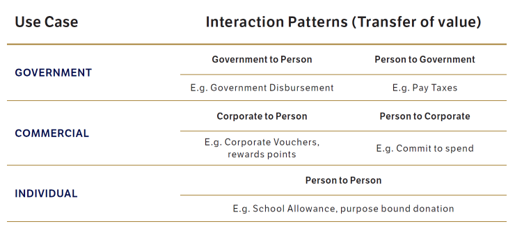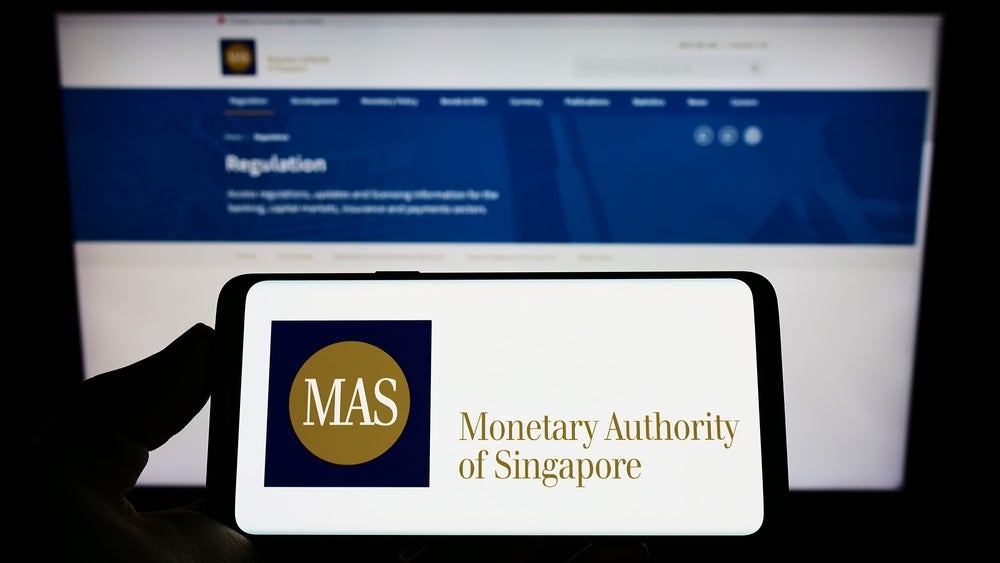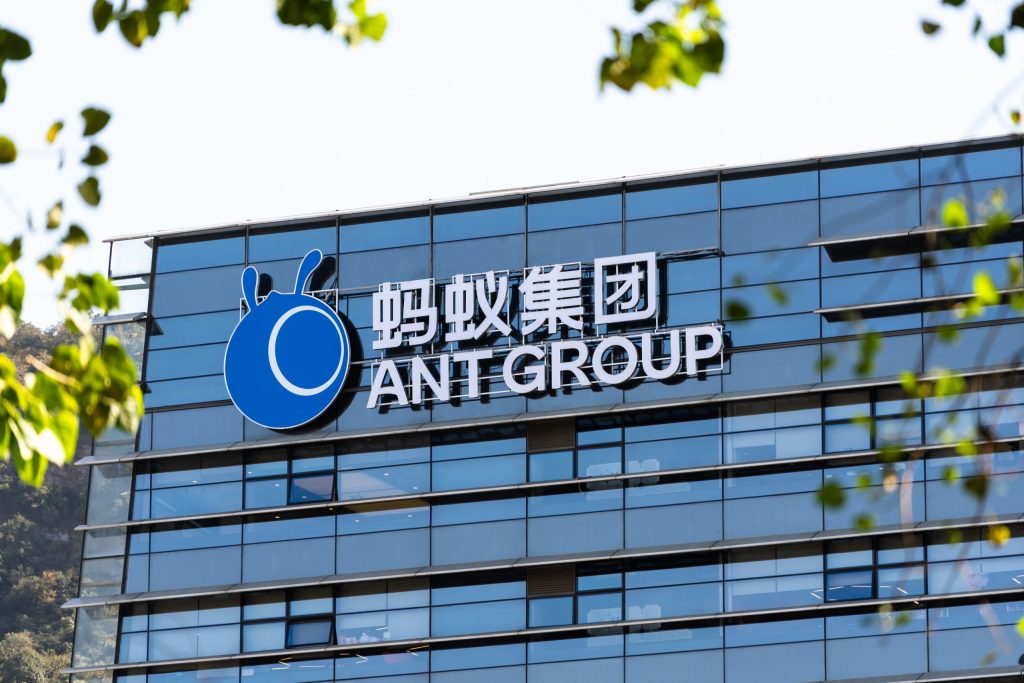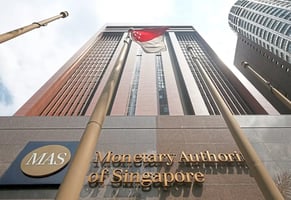MAS Enforces Strict Crypto Licensing By June 30, 2025
The Monetary Authority of Singapore (MAS) has drawn a definitive line in the sand: all Singapore-incorporated entities offering digital token services to overseas customers must possess a Digital Token Service Provider (DTSP) licence or cease operations entirely.
This isn't merely regulatory housekeeping—it's a calculated recalibration of Singapore's position in the global crypto ecosystem, one that carries profound implications for the Republic's 33 licensed digital payment token service providers, the hundreds of professionals employed in the sector, and the broader question of whether Singapore can maintain its status as Asia's premier fintech hub whilst tightening regulatory screws.
The Numbers Game: What's Really at Stake
The immediate human cost is stark. Industry sources speaking to The Straits Times revealed that more than 500 staff—spanning from senior management to junior analysts across various firms supporting Singapore's fintech ecosystem—are relocating to jurisdictions including the United Arab Emirates and Hong Kong.
For Singapore's high-earning professionals, particularly those in financial services, this represents more than statistical casualties. Arthur Cheong, founder and CIO of DeFiance Capital LLC, described firms collectively employing a "significant number" of staff in Singapore—a figure running into the hundreds.
The regulatory mathematics are unforgiving. MAS has made clear that licences will only be granted under "extremely limited circumstances," with the regulator stating it has "set the bar high for licensing and will generally not issue a licence to such providers."
The Regulatory Architecture: Understanding Section 137
The legal framework underpinning this shake-up is Section 137 of the Financial Services and Markets (FSM) Act 2022, which took full effect on June 30. Under this provision, any Singapore-incorporated entity—whether company, partnership, or individual—providing digital token services to overseas clients faces criminal penalties of up to S$250,000 in fines and three years' imprisonment for non-compliance.
The scope is deliberately broad. As one industry observer noted, "This is almost as good as an evacuation procedure." The regulation captures not just exchanges and custodial services, but any entity involved in:
- Transfer of digital payment tokens
- Exchange between digital tokens and fiat currency
- Token custody services
- Promotion of token-related services
Crucially, the regulation applies regardless of business scale or revenue proportion from overseas clients. Even firms where foreign customers represent a minimal fraction of revenue must comply.
The Singapore Paradox: Innovation Versus Control
This regulatory tightening presents a fascinating paradox for Singapore's fintech strategy. On one hand, MAS continues to champion institutional digital asset adoption through initiatives like Project Orchid (exploring a digital Singapore dollar), Project Guardian (examining public blockchain infrastructure), and Global Layer One (developing blockchain infrastructure for financial institutions).
 Project Orchid: This table examines how a person would use a PBM under different scenarios (Source: MAS)
Project Orchid: This table examines how a person would use a PBM under different scenarios (Source: MAS)
Yet simultaneously, the regulator has effectively ended what it terms "regulatory arbitrage"—the practice whereby crypto firms register in Singapore to gain reputational legitimacy whilst serving overseas clients under weaker regulatory oversight.
Gerald Goh, chief executive of digital asset banking group Sygnum Singapore, argues this apparent contradiction actually strengthens Singapore's position: "MAS's latest regulatory move is likely to strengthen Singapore's position as Asia's premier hub for institutional digital asset adoption."
The Talent Exodus: Where Are They Going?
The immediate beneficiaries of Singapore's regulatory tightening appear to be Dubai and Hong Kong. Major exchanges including Bitget and Bybit—both top-10 operators by volume—have initiated staff relocations to these jurisdictions. Bitget is shifting personnel to Dubai and Hong Kong, whilst Bybit is weighing similar moves.

For Singapore's high-earning crypto professionals, this presents both risk and opportunity. The talent pool that built Singapore's reputation as a crypto-friendly jurisdiction is now dispersing across multiple Asian and Middle Eastern hubs. This brain drain could undermine the ecosystem's depth and sophistication—precisely the qualities that attracted institutional investors to Singapore in the first place.
However, licensed entities may benefit from reduced competition. Hannah Puganenthran, compliance head at cryptocurrency exchange Independent Reserve Singapore, observed: "When all serious players must meet the same standards, it reduces the advantage of those who previously operated with fewer controls or lower compliance costs."
The Global Context: Singapore's Calculated Gamble
Singapore's regulatory tightening doesn't occur in isolation. It reflects what industry analysts describe as a global trend towards ending regulatory arbitrage in crypto markets. Hong Kong has simultaneously introduced comprehensive stablecoin regulations, whilst the UAE continues positioning Dubai as a more permissive alternative.
The question becomes whether Singapore's bet on quality over quantity will pay dividends. With only 33 licensed digital payment token service providers currently operating, Singapore has deliberately chosen a smaller, more regulated ecosystem over the broader, less controlled approach adopted by competitors.
This strategy may appeal to institutional investors who prioritise regulatory certainty over market breadth. As one industry executive noted, Singapore's approach creates "market confidence in Singapore's approach to digital asset regulation."

Investment Implications for High Earners
For Singapore's high-earning professionals with crypto exposure, several considerations emerge:
- Reduced Platform Choice: The exodus of unlicensed exchanges may limit trading platform options, potentially affecting execution quality and fees for retail crypto investors.
- Increased Compliance Costs: Licensed platforms may pass increased regulatory compliance costs to customers through higher fees or minimum investment thresholds.
- Enhanced Consumer Protection: The regulatory framework provides stronger safeguards against fraud and operational failures, potentially reducing investment risk.
- Institutional Focus: Singapore's emphasis on institutional adoption may create opportunities for qualified investors to access previously unavailable products and services.
The Road Ahead: Quality Over Quantity
MAS's decision to prioritise regulatory integrity over market size represents a significant bet on Singapore's long-term positioning in global finance. The regulator clearly believes that maintaining the Republic's reputation as a well-regulated financial centre outweighs the short-term costs of talent and business exodus.
For industry observers, the test will be whether Singapore can maintain innovation momentum with a dramatically reduced private sector ecosystem. As Grace Chong, head of financial regulatory practice at Drew & Napier, noted: "While some firms may explore other jurisdictions, others value regulatory certainty—these shifts mirror broader global trends and how firms respond will shape the industry's direction."

Conclusion: The New Normal
Singapore's June 30 deadline marks more than a regulatory milestone—it represents a fundamental reorientation of the Republic's crypto strategy towards institutional adoption and away from retail-focused innovation. For high-earning professionals, this shift demands recalibration of both investment strategies and career considerations within Singapore's evolving fintech landscape.
The ultimate success of this approach will be measured not in the number of firms operating from Singapore, but in the quality of institutional adoption and the stability of the digital asset ecosystem that emerges. As one industry executive concluded: "We view these developments as foundational for sustainable growth, and we remain fully invested in Singapore as a strategic base for our global business."
The great crypto licensing shake-up is complete. Now comes the more challenging task of proving that regulatory rigour can coexist with financial innovation in one of Asia's most competitive fintech markets.
This article reflects the regulatory landscape as of June 2025. Crypto investments carry significant risk and regulatory requirements may change. Readers should seek professional financial advice before making investment decisions.
References:
- The Straits Times
- Bloomberg
- MAS Financial Institutions Directory
- MAS Clarifies Regulatory Regime for Digital Token Service Providers
- Digital token service providers relocating should not be surprised at new licensing rule: MAS
- Regulation Asia: Bitget and Bybit Consider Move Away from Singapore: Report
Let us know what you think about this topic, and what do you want to hear next.
You can now be our community contributor and make a pitch to have your favourite personality be on our show.
Join our community group and drop us your insights on this topic.

-3.png?width=50&name=Square%20(2)-3.png)









Let us know what you think of this post